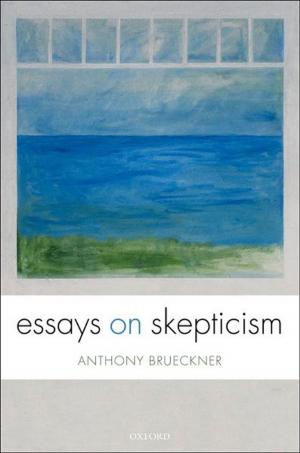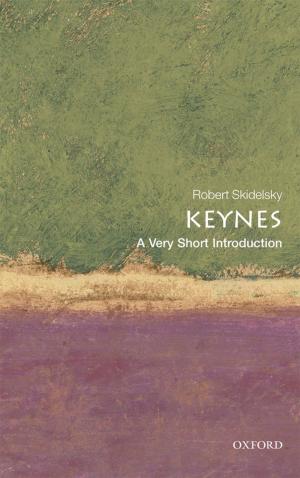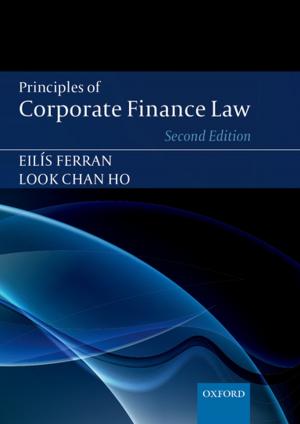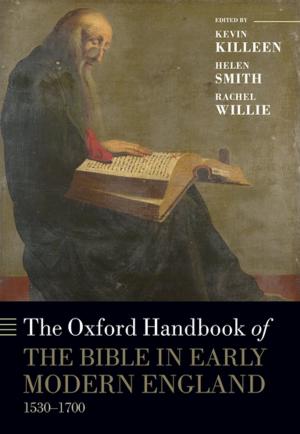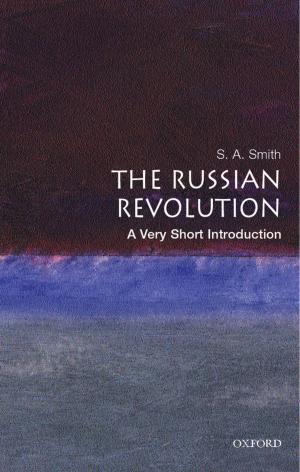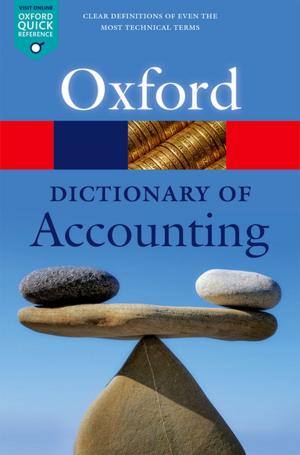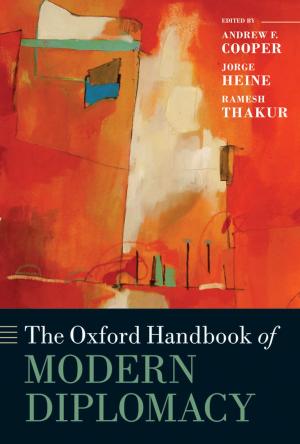The Primacy of Metaphysics
Nonfiction, Religion & Spirituality, Philosophy, Epistemology, Metaphysics| Author: | Christopher Peacocke | ISBN: | 9780192572516 |
| Publisher: | OUP Oxford | Publication: | January 24, 2019 |
| Imprint: | OUP Oxford | Language: | English |
| Author: | Christopher Peacocke |
| ISBN: | 9780192572516 |
| Publisher: | OUP Oxford |
| Publication: | January 24, 2019 |
| Imprint: | OUP Oxford |
| Language: | English |
This book presents a new view of the relation between metaphysics and the theory of meaning, broadly construed. Christopher Peacocke develops a general claim that metaphysics is always involved, either as explanatorily prior, or in a no-priority relationship, to the theory of meaning and content. Meaning and intentional content are never explanatorily prior to the metaphysics. He aims to show, in successive chapters of The Primacy of Metaphysics, how the general view holds for magnitudes, time, the self, and abstract objects. For each of these cases, the metaphysics of the entities involved is explanatorily prior to an account of the nature of our language and thought about them. Peacocke makes original contributions to the metaphysics of these topics, and offers consequential new treatments of analogue computation and representation. In the final chapter, he argues that his approach generates a new account of the limits of intelligibility, and locates his account in relation to other treatments of this classical conundrum.
This book presents a new view of the relation between metaphysics and the theory of meaning, broadly construed. Christopher Peacocke develops a general claim that metaphysics is always involved, either as explanatorily prior, or in a no-priority relationship, to the theory of meaning and content. Meaning and intentional content are never explanatorily prior to the metaphysics. He aims to show, in successive chapters of The Primacy of Metaphysics, how the general view holds for magnitudes, time, the self, and abstract objects. For each of these cases, the metaphysics of the entities involved is explanatorily prior to an account of the nature of our language and thought about them. Peacocke makes original contributions to the metaphysics of these topics, and offers consequential new treatments of analogue computation and representation. In the final chapter, he argues that his approach generates a new account of the limits of intelligibility, and locates his account in relation to other treatments of this classical conundrum.

